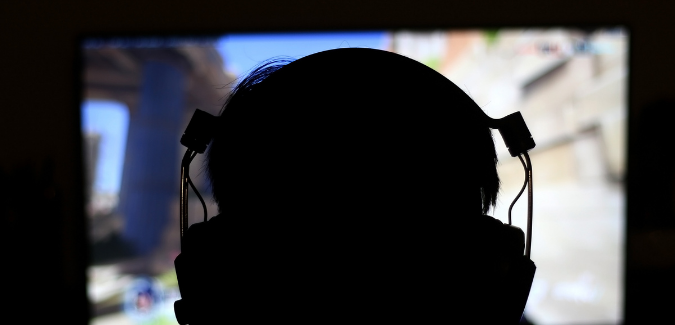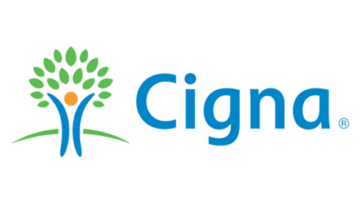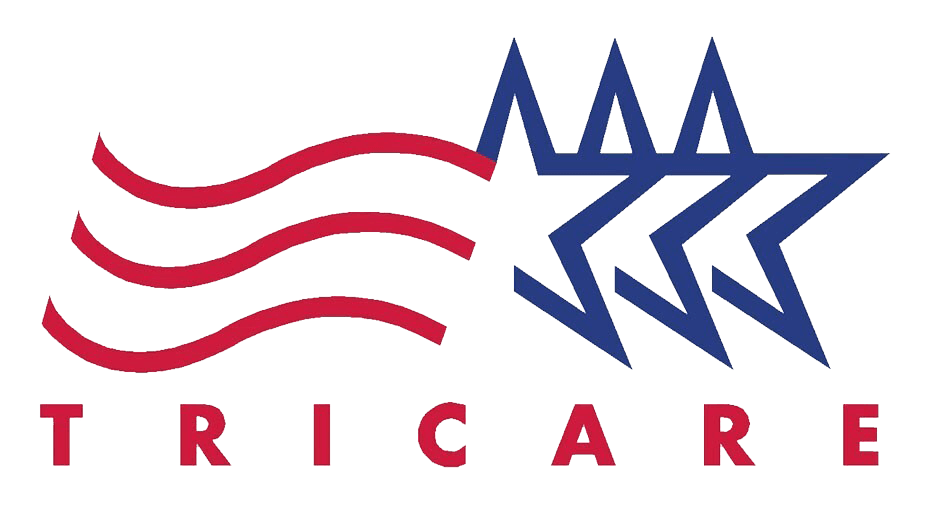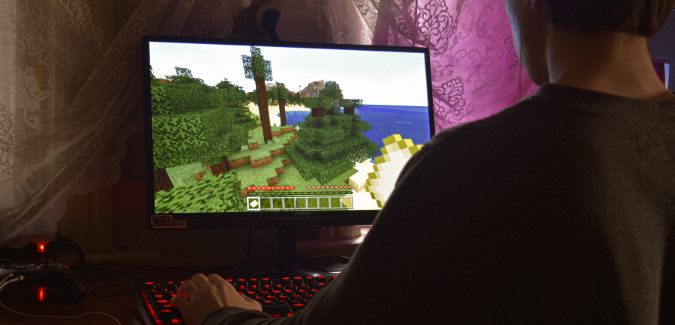In May 2019, the World Health Organization (WHO) finally took an official stance; gaming disorder will be classified as a medical illness in ICD-11. Gaming disorder should be of “sufficient severity to result in significant impairment in personal, family, social, educational, occupational or other important areas of functioning” and would “normally have been evident for at least 12 months.”1 Their decision is based on “reviews of available evidence and reflects a consensus of experts from different disciplines and geographical regions that were involved in the process of technical consultations undertaken by WHO in the process of ICD-11 development.” (Meredith E. Gansner, 2019). Should insurance gaming disorder be covered by your provider?

Gaming disorder is defined in the 11th Revision of the International Classification of Diseases (ICD-11) as a pattern of gaming behavior (“digital-gaming” or “video-gaming”) characterized by impaired control over gaming, increasing priority given to gaming over other activities to the extent that gaming takes precedence over other interests and daily activities, and continuation or escalation of gaming despite the occurrence of negative consequences.
For gaming disorder to be diagnosed, the behavior pattern must be of sufficient severity to result in significant impairment in personal, family, social, educational, occupational, or other important areas of functioning and would usually have been evident for at least 12 months. (World Health Organization, n.d.)
What is The International Classification of Diseases (ICD)?
The International Classification of Diseases (ICD) is the world’s standard tool to capture mortality and morbidity data. It organizes and codes health information that is used for statistics and epidemiology, health care management, allocation of resources, monitoring and evaluation, research, primary care, prevention, and treatment. It helps to provide a picture of the general health situation of countries and populations. (World Health Organization, n.d.)

Signs of Internet Gaming Disorder:
- Preoccupation with gaming.
- Withdrawal symptoms when gaming is taken away or not possible (sadness, anxiety, irritability).
- Tolerance, the need to spend more time gaming to satisfy the urge.
- Inability to reduce playing, unsuccessful attempts to quit gaming.
- Giving up other activities, loss of interest in previously enjoyed activities due to gaming.
- Continuing to game despite problems.
- Deceiving family members or others about the amount of time spent on gaming.
- The use of gaming to relieve negative moods, such as guilt or hopelessness.
- Risk, having jeopardized or lost a job or relationship due to gaming. (American Psychiatric Association, n.d.)
Impacts of internet gaming on a person’s life:
“I’ve unintentionally become less sociable, less approachable, and overall, less interesting because of how I use the internet and my phone.” -Reddit User
Mental, physical, and social effects:
- Anger.
- Violence.
- Obesity.
- Increased risk of light-induced seizures.
- Musculoskeletal disorders of the upper extremities.
- Increased metabolic rate.
- Social Isolation.
- Anxiety.
- Depression.
- Sleep Disorder.
Insurance for Gaming Disorder and Addiction:
In the past, insurance companies had offered no coverage or extremely little coverage for individuals to go to a substance abuse treatment program. It was not until the Mental Health Parity, and Addiction Equity Act (MHPAEA) was put into place that people were able to receive as much help as they needed.
Internet gaming addiction is very to any other addiction when it comes to the amount of time that is spent engaging in the activity, the extreme emotional attachment to the gaming environment, and the patterns of social, mental, and physical effects that internet gaming addicts will experience while they are struggling with the addiction.
This specific addiction is also similar in the sense that the addiction will disrupt the personal and professional life of the individual by breaking up their close relationships with their family and friends as well as much their productivity when it comes to their professional and academic responsibilities. The great news is that Insurance companies will cover treatment for Internet Gaming Disorder starting in January 2022. This is due to the fact that IGD is now an official diagnosis by the World Health Organization and in their official diagnostic ICD 11 codes.
Treatment at Omega Recovery:
Our Omega clients are engaged in living in the real world once again—and we make it fun as we help them to find their passion! Oftentimes, the games are a substitute for a young person who feels bored, lost, depressed, adrift and lacking any real sense of purpose or direction. Omega Recovery helps them to find that meaningful sense of passion, purpose, and direction in their lives. By living cooperatively in a treatment house in a vibrant community in the thriving city of Austin, we use all the social, nature-based, cultural, educational, and economic opportunities available in a fantastic city like Austin.
Evidence-based treatment options we offer:
- Cognitive-Behavioral Therapy.
- Dialectical Behavior Therapy.
- Peer Recovery Coaching.
- Nature Immersion.
- Outdoor Behavioral Health.
- Narrative Therapy and the “Hero’s Journey.”
- Mindfulness.
- Yoga and Somatic Techniques.
Additional services available:
- Treatment Program.
- Outpatient Rehab.
- Supportive Outpatient Rehab.
- Case Management.
- Sober Living.
Important Takeaways
In conclusion, Internet Gaming disorder is just as important to recognize and treat as all the other addictions that a person can struggle with. Due to the fact that people tend to have co-disorders dealing with mental health and gaming, it is crucial to get help as soon as you recognize the symptoms.
Omega Recovery is here for you and your loved ones every single step of the way. If you are ready to start your recovery journey, please feel free to contact us today.
You can reach us at (512) 601-5407 or send us an e-mail at intake@omegarecovery.org. If you feel like you are not ready to talk to us but would like to learn more about what exactly Internet gaming disorder is, the effects that it can have, or want to learn more about our program and our commitment to everyone who is here, visit us at Gaming Addiction Treatment







